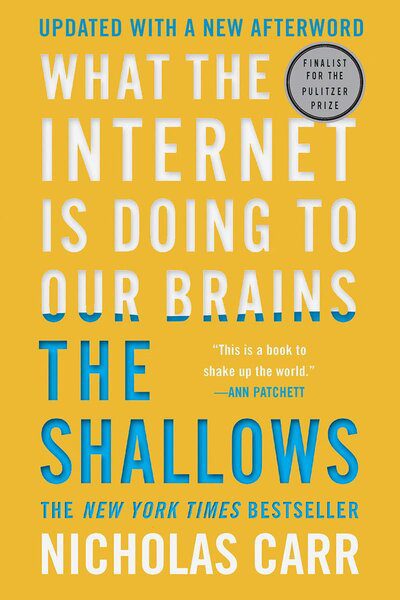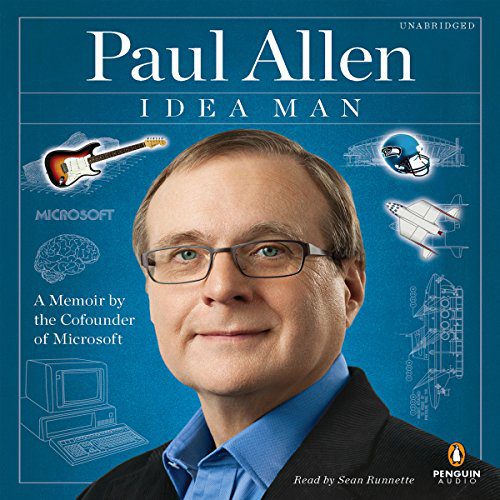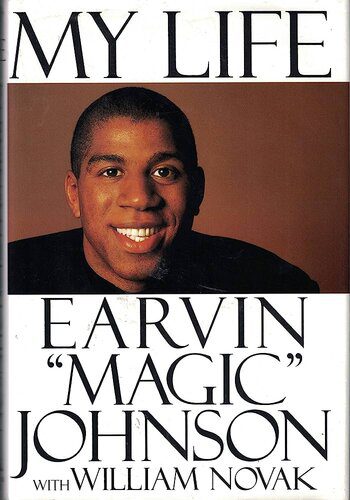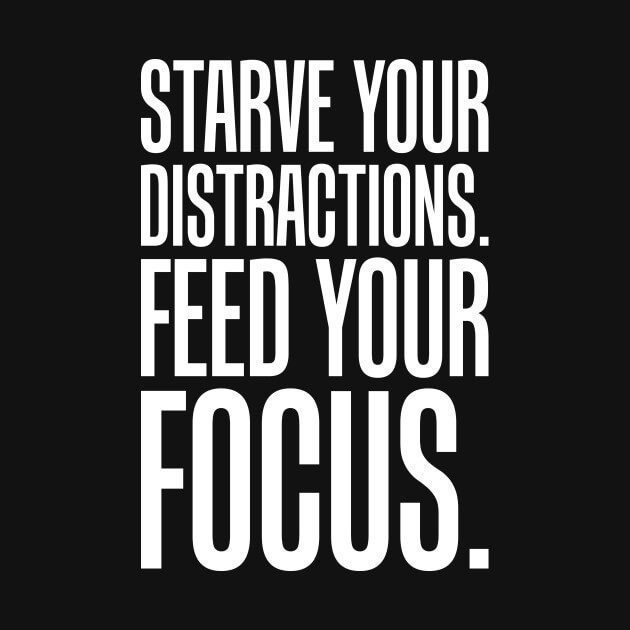You are not promised tomorrow; today could be your last day. We all know this unconsciously, but we do not live our lives consciously with a sense of urgency. The internet and social media are some of the most excellent attention grabbers of our time; there is so much to do online with tweets, videos, news, learnings, photos, etc. I firmly believe that the internet is one of the greatest innovations of our time, and it has made our lives easier. One of the reasons that most of us spend a lot of time on our screens is not knowing the alternative things to do with our limited time. Our world suffers from a loneliness pandemic; we seem to have more online connections but less communication.
I have not posted on social media for five years, and I still have only one active account – LinkedIn because of the LinkedIn Learning feature. We all have the same amount of time, the introvert-extrovert, rich-poor, slim-fat, ignorant-learned, but how we use our limited time here is what matters. I stopped using most technology tools as I used to before circa 2013 due to two major grief events. Losing my closest cousin in 2013 and my mum in 2019 changed my outlook on almost everything. These events taught the essential life lesson: “We are here for a limited amount of time, and no one is promised tomorrow.” Life is short is a popular statement, but we don’t live our life like it is short.
To live an optimal life, ask yourself, what am I becoming due to my interaction? Our phones, instant communication apps, social platforms and online media tools are now like our limbs. As American writer Upton Sinclair once quipped, ‘It is difficult to get a man to understand something, when his salary depends on his not understanding it.’ We all know somewhere within our hearts that these platforms are one of the major factors in the mental health crisis, widespread loneliness, depression, anciety and constant fear in our lives. We are scared of confronting these issues/distraction as the internet and its various tools is aligned to our we fend for ourselves and family.
American author of The Hero with a Thousand Faces, Joseph Campbell once said 1“The cave you fear to enter holds the treasure you seek”. We use the internet and social media to numb our pain, emptiness and boredom because to some certain extent, we are scared of confronting a fear. It might be the fear of finding out who we really are, fear of doing the inner child work, fear of loneliness among other factors. To get what you have never gotten, you must do something things differently. Doing the samething the same way and expecting a different result is the common definition of insanity. Most of the greatest athletes, actors, businness people and inventors that we all admire at some point had to starve their distraction and they focused relentlessly on what really mattered to them.

The Salience Network 1
At every instant of the day, our nervous system is bombarded by stimuli that may be worthy of our attention—objects in our field of view, sounds and scents, people we know and people we don’t know, ideas and memories, emotions, bodily sensations. From the near-infinite welter of possibilities, the mind has to choose a target. This enormously complicated, enormously important task—nothing so determines our thoughts and behavior as the distribution of our attention—is accomplished through a neural system called the salience network.
In selecting targets of attention, the network gives priority to four types of stimuli: those that are novel or unexpected, those that are pleasurable or otherwise rewarding, those that are personally relevant, and those that are emotionally engaging.
Through the statistical analysis of people’s responses to online content, computers will be able to pinpoint the triggers of attention with a precision far beyond what Silicon Valley’s army of marketers, programmers, and behavioral scientists has achieved to date. Mind control will be automated.
The recent rise in screen time is the direct result of the explosion in smartphone use. People who own smartphones—around eighty percent of adults and more than ninety-five percent of young adults—use their phones between four and six hours a day on average, according to the latest statistics.

American Billionaire and co-founder of Microsoft, Bill Gates started the company with his friend Paul Allen. When he was younger, one of the traits noted by most people that knew Bill was is ability to focus deeply on solving problems that he confronted. One of the reasons that Bill has been on the list of the richest and most successful people in the world is his ability to stay focused. From 1995 to 2017, he held the Forbes title of the richest person in the world every year except in 2008 and from 2010 to 2013. He has been on the Forbes list of the world’s billionaires since 1987. In his autobiography, Idea Man: A Memoir by the Cofounder of Microsoft 2, Paul Allen describe younger Bill Gates and his ability to stay focused and avoid distraction. He writes:
Where I was curious to study everything in sight, Bill would focus on one task at a time with total discipline. You could see it when he programmed—he’d sit with a marker clenched in his mouth, tapping his feet and rocking, impervious to distraction. He had a unique way of typing, sort of a six-finger, sideways scrabble. There’s a famous photograph of Bill and me in the computer room not long after we first met. I’m seated in a hardback chair at the teleprinter in my dapper green corduroy jacket and turtleneck. Bill is standing to my side in a plaid shirt, his head cocked attentively, eyes trained on the printer as I typed. He looks even younger than he actually was. I look like an older brother, which was something Bill didn’t have.
Be Wary of Peripheral Opponents

Hall of Famer and five-time NBA champion Magic Johnson writes in his autobiography – My Life – Earvin Magic Johnson 3, about one of Riley’s favorite techniques that he used with the team to keep their focus – “Peripheral Opponents.” Riley often warned his players to beware of peripheral opponents.
“He planned all his pregame speeches, writing them out in advance with a blue felt-tipped pen on a blue card. He was continually reading books, looking for quotes that might motivate us. And he loved inspirational one-liners like “No rebounds, no rings.”.
WHAT IS HUSTLE? He once wrote on the blackboard before a game. HUSTLE = HARD WORK? NO! HUSTLE IS A TALENT. Or he’d say, “What do you get when you squeeze an orange? Orange juice. Put anything under pressure and you’ll bring out what’s inside.”
Put anything under pressure and you’ll bring out what’s inside.
This was the sort of thing he liked to say when playoff time came around. That’s when money and pride were on the line, and when even the casual fans started tuning in. And that’s when Pat Riley was at his most intense. “Tell your friends and family to leave you alone,” he’d say. “Tell them you’re unavailable for the next few weeks. You’ve got to give these games your complete concentration. If you want to win that diamond ring, you have to make sacrifices.” There was no music in the locker room at playoff time. He even unplugged the phone in the training room.
He tried to eliminate everything that might disturb our focus. He was especially wary of what he called “peripheral opponents” – which meant anyone who would divert your energy and your concentration away from basketball. This included friends who wanted tickets, agents who came to you with endorsements, and especially the media, who wanted interviews.
Another peripheral opponent was the referees – but only if we allowed them to be. Riley didn’t want to see any of us arguing with an official, because that was a distraction, When a team starts complaining about the calls, it’s usually a sign that they’ve lost their concentration and their desire to win.
“peripheral opponents” – which meant anyone who would divert your energy and your concentration away from basketball. This included friends who wanted tickets, agents who came to you with endorsements, and especially the media, who wanted interviews.
Meditation
- Daily Calm with Tamara Levitt – Shamatha
- Shamatha – Shama means peace and calm while Tha means to remain, to stay. We practice Shamatha to slow down our agitated mind and gain stability. When we offer our mind the chance to calm down, we are offering ourselves the chance to observe and understand our minds inner workings.
“To the mind that is still, the whole Universe surrenders.” – Lao Tzu
- Daily Jay with Jay Shetty – Cue Your Mind
- Developing specific signals to aim your attention. The human brain is great at making associations, it notices if certain behaviours routinely follows certain prompts then when the prompts occurs; it assumes the behaviour will come next.
Location has energy and time has memory.
Podcast
- How To Cure Your Phone & Social Media Addiction (My 3-Step Process) | Cal Newport
All the best in your quest to get better. Don’t Settle: Live with Passion.



Comments are closed.